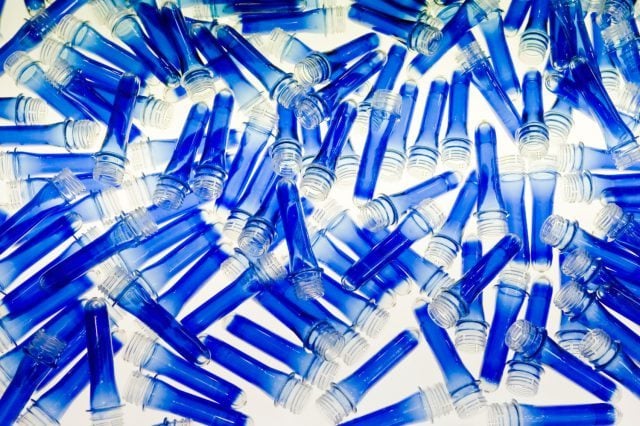Coca-Cola European Partners (CCEP) aims to for its Great Britain (GB) business unit to work with local and national partners to recover all its packaging so that more is recycled and none ends up as litter.
At present, analysts say 70% of the cans and 57% of the plastic bottles used each year are recycled.
CCEP believes these figures should be higher.
Through its new GB sustainable packaging strategy, the company sets out the key actions it will take, and the areas where it will look to work with others, to improve the recovery and recycling of drinks packaging, and to reduce littering in the country.
The new strategy is focused on three areas:
– Continuing to innovate to ensure its packaging is as sustainable as possible
CCEP plans to double the amount of recycled plastic in every one of its PET bottles over the next three years – from the current average of 25% to 50% by 2020.
It will continue its long term partnership with Clean Tech, which operates Europe’s largest and most advanced plastic bottle reprocessing facility in Lincolnshire, supporting the circular economy in Great Britain and allowing recycled bottles to return to shop shelves as part of new packs in as little as six weeks.
– Investing in consumer communication to promote recycling and encourage behaviour change
CCEP will in July 2017 launch a multi-million pound communications campaign designed to inspire more people to recycle, including an advertisement on TV, in cinema and digital channels.
– Championing reform of the UK recycling system to ensure more packaging is recovered and recycled
The company will continue to partner with others – including the Governments of Great Britain – to improve the current packaging recycling system.
It will champion well-designed new interventions that have the potential to increase packaging collection and recycling rates, including stronger recycling targets, deposit return schemes and extended producer responsibility.
In addition, as part of its commitment to support DEFRA’s new working group on voluntary and economic incentives to reduce littering, CCEP will seek to advance its own knowledge of how consumers are motivate by an incentive-based scheme by testing an on-the-go bottle collection and reward programme.
This test will examine the behavioural impact of reward schemes and help inform any future national approaches to reducing litter and increasing collection and recycling rates.










